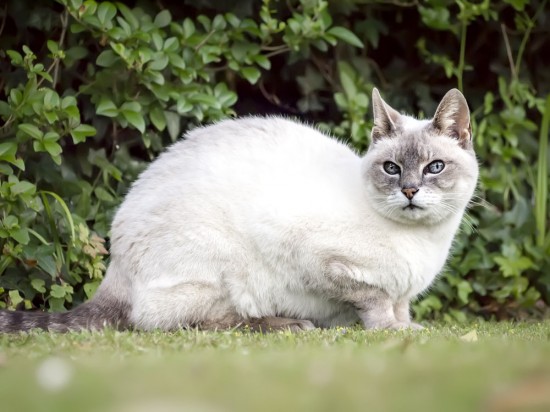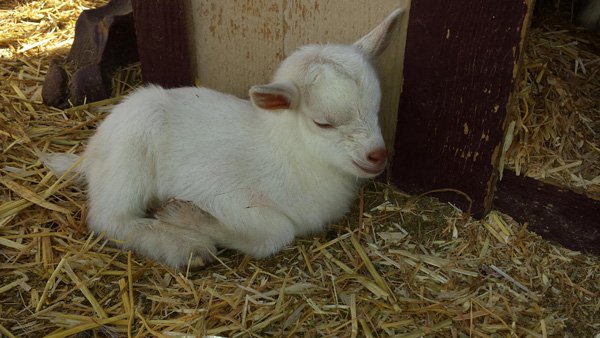
Sweet Itch is a constant problem for many horse owners.
Also know as Summer Seasonal Recurrent Dermatitis, Sweet Itch is a problem caused by an excessive reaction to insect bites.
Hypersensitivity can result from the bites of midges, horse flies, stable flies and black flies. Stings from wasps and bees may also prompt an allergic reaction. Of these, the saliva from midge bites is the most prominent cause of the unwanted horse skin reactions that are generically known as Sweet Itch.
Unfortunately, in an affected horse, the autoimmune system overreacts to the saliva left behind after a midge bite and this often causes an intolerably itch. The horse will incessantly rub against objects in an attempt to relieve the itchiness, but in doing so will likely exacerbate the condition, breaking the skin and opening up the possibility of secondary infections.
Typically, Sweet Itch will culminate in skin thickening, ulceration, skin lesions, scuffed, broken hairs and bald patches.
As every horse owner knows, there are various preventative measures and treatments that can be used to try and alleviate the worst symptoms of Sweet Itch.
Preventative measures focus on preventing insect bites by one means or another.
Rugs and face masks are used to form a physical barrier across the horse's skin. Unfortunately, it is impossible to completely cover the horse and there will always be tracts of skin left vulnerable to insect bites.
Keeping the horse in a stable when the offending insects are most prevalent is another measure that gives some relief. Fitting any stable openings with an insect screen will increase the effectiveness. However, many horse owners do not want, or find it inconvenient, to keep their horse stabled from prolonged periods.
As a halfway measure, as midges are most active at dawn and dusk, horses may be stabled from early evening through to mid-morning.
Weather conditions are also a factor in midge numbers and activity. The midge needs freestanding water in which to breed, so a prolonged dry spell can drastically reduce midge numbers. In contrast warm, wet weather can precipitate a sharp increase in midge numbers and activity.
Using an insect repellent may also give some protection. Depending on the ingredients, there may be problems of side-effects associated with individual repellents.
For instance, those containing benzyl benzoate, to be effective, need to be thoroughly rubbed into the skin. Unfortunately, if the skin is already ulcerated or has skin lesions, the benzyl benzoate will act as an irritant and will consequently contribute to the allergic reaction symptoms.
Remedies including glucocorticoids have been found to be of benefit, but care should be taken. Pregnant mares and horses prone to laminitis are not suited to these formulations.
In all case, repellents and insecticides are best employed before any insect bites occur.
Treating the symptoms is the other aspect of managing Sweet Itch. Just as is the case with human skin care, equine skin care can respond well to the appropriate treatment.
Because the intense itchiness that accompanies the hypersensitivity, a horse suffering from Sweet Itch will incessantly rub against trees, fences and other hard objects. This compounds the problem and will soon lead to open wounds and the possibility of secondary bacterial infections. It is therefore highly desirable to use an antipruritic to reduce the itchiness.
Antihistamines and natural products such as aloe vera can provide relief. However, some antihistamines such as hydroxyzine and corticosteroids can induce undesirable side-effects and so their use should be closely monitored.
Some horse owners have reported that using natural ingredients, such as a sulfur-based shampoo, seems to produce a reduction in their horse's rubbing. However, no firm scientific evidence exists as to efficacy of such preparations.
Whatever approach you take to ameliorate Sweet Itch, you are unfortunately unlikely to find a 100% effective cure. However, by understanding the causes and symptoms, Sweet Itch can be successfully managed.
Peter Friswell has worked in the skincare industry for more than 20 years. Peter is the owner of an informative skin care website. Now, in direct response to requests, Peter has created a specially formulated product for equine skin care. Horse Shield is specifically designed to provide relief from the symptoms of Sweet Itch.
 The Top Five Most Commonly Overlooked Health Problems In Cats
The Top Five Most
The Top Five Most Commonly Overlooked Health Problems In Cats
The Top Five Most
 Pet Boarding Facility in Chapel Hill: Safe Heaven for Your Pet
Pet Boarding Facility in Chapel Hill: Safe Heaven for Your
Pet Boarding Facility in Chapel Hill: Safe Heaven for Your Pet
Pet Boarding Facility in Chapel Hill: Safe Heaven for Your
 The Modern World Of Horse Buying
The Modern World
The Modern World Of Horse Buying
The Modern World
 Ten Training Tips For The Jack Russell
Ten Training Tips
Ten Training Tips For The Jack Russell
Ten Training Tips
 Which Showing Class Is Best For My Horse Or Pony?
Which Showing Cla
Which Showing Class Is Best For My Horse Or Pony?
Which Showing Cla
Copyright © 2005-2016 Pet Information All Rights Reserved
Contact us: www162date@outlook.com